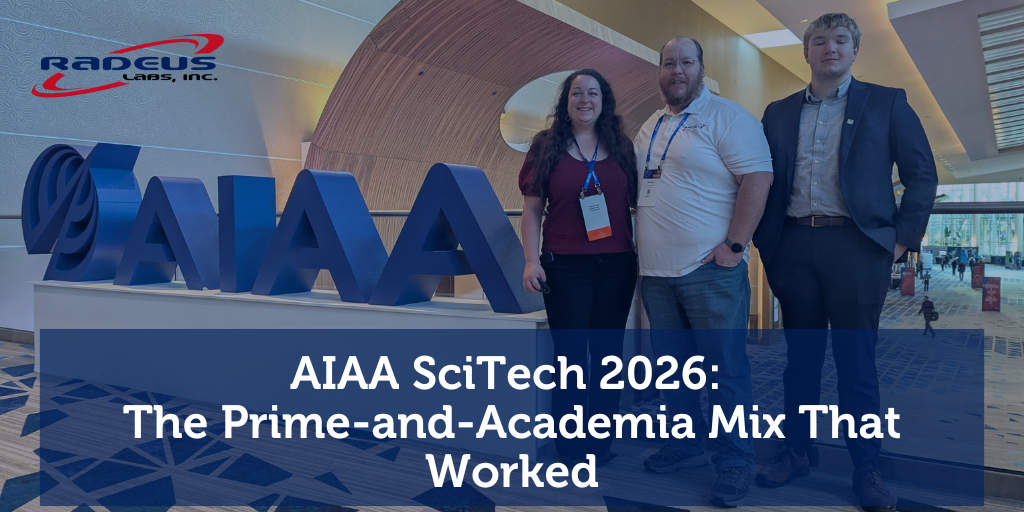Full Motion, DC Control System Solutions
The Series 2000 controllers add to our existing limited-motion-control solutions and add value in a fast-growing segment of the industry.
POWAY, CA, February 11, 2020 — Radeus Labs, Inc., a leading provider of high-performance systems for the defense and SATCOM markets, today announced the release of its 2000 Series Antenna Control System designed for use with full-motion antenna systems in LEO/MEO applications. The Radeus Labs 2200 and 2300 systems provide a state-of-the-art control solution for both new installations and retrofits of older antennas. The system is designed to be used on antennas, from virtually any manufacturer, using a single DC motor drive per axis.
“The Series 2000 controllers add to our existing limited-motion-control solutions and provide value in a fast-growing segment of the industry. Our technical capabilities continue to grow, along with our offerings to the market as a whole,” says Ken Cone, CTO for Radeus Labs. “We are focused on our customers and providing them with the technologies they need to get the job done in the field. This
is just the latest in a long line of planned control solutions,” says Cone.
Radeus CEO Juliet Correnti adds, “We are very excited about our expanding line of antenna control products and how they are adding value for our customers. We work hard to ensure that our solutions, support, and delivery are industry-leading.”
The Model 2200 antenna control system (ACS) is currently available through M2 Antenna Systems of Fresno, CA with their AE2000 series antennas and directly from Radeus. The Model 2200 ACS provides users with target scheduling, remote operation via SNMP, and automatic update capability for NORAD two-line element sets and IESS-412 models. The Model 2200 incorporates closed-loop control of
velocity for smooth control of higher-velocity antennas.
The Model 2300 antenna control system comes with a DC drive cabinet capable of working with different makes of full-motion antennas. The 2300 ACS can be used on new builds or as a retrofit solution for aging systems. It is a complete solution for LEO/MEO antenna systems. The 2300 ACS was selected by a major global LEO operator in 2019. The first system was installed in June of 2019 and is now
operating virtually 24/7, providing accurate pointing capability for their full-motion
LEO applications.
Radeus Labs, Inc., with headquarters and manufacturing facilities in Poway, CA, is a leader in the design, manufacturing, and marketing of leading-edge hardware and software systems for the defense and SATCOM markets. Radeus Labs products are thoughtfully designed with a focus on ease of use, high performance, and sustainability. They are engineered to give exceptional product life spans and to deliver added value to our customers. Radeus Labs customer service and support are unrivaled in the commercial SATCOM market. For more information about Radeus Labs and our high-performance products, visit us at radeuslabs.com.

![[NEW GUIDE] A Step-by-Step on Getting 3dB Beamwidth Right in Real-World Teleport Operations](https://blog.radeuslabs.com/hubfs/%5BNEW%20GUIDE%5D%20A%20Step-by-Step%20on%20Getting%203dB%20Beamwidth%20Right%20in%20Real-World%20Teleport%20Operations.png)
.png?width=200&height=277&name=1%20(2).png)

 AIAA SciTech 2026
AIAA SciTech 2026